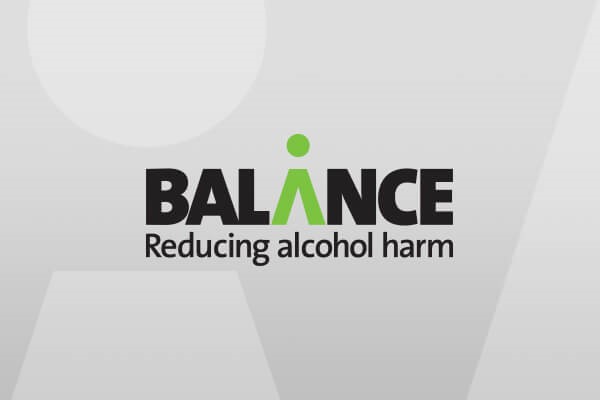Living for the weekend – good for the soul but bad for our health?
The recent national celebrations and extended weekends have been an eagerly anticipated break for many of us. But, with one in five of us in the North East already drinking too much alcohol, is having a couple of extra drinks putting our health at risk?
After two long weekends in April, many of us will probably feel rather less refreshed than we initially intended. It’s fair to say that Britain takes bank holiday celebrations seriously – and this year has been no exception with the Easter break and the Royal wedding dominating our calendars last month. To celebrate the biggest Royal celebration in nearly 30 years, we were told as a nation we should be in the party mode. Even the Home Office declared that the royal wedding was a “time of national celebration” urging “as many people to take part in the festivities as possible.”
Although this may be great for our social life, it isn’t so great for our health. Bank holidays are a particular strain on the NHS, costing the service around £25m as a result of people drinking too much over the extended weekend. So when does drinking become a problem rather than a pleasure?
According to research carried out by Balance, here in the North East around two in five people are drinking at or above the Government’s recommended allowance and one in five people binge drink on a weekly basis – which means they could be storing up future health problems.
The Government recommends no more than 2-3 units a day (two small glasses of wine) for a woman and 3-4 units (two pints of regular strength beer or lager) for a man.
However, two large glasses of wine (if female) or three pints of strong beer (if male) on a single occasion is classed as binge drinking – and if this is a regular pattern of drinking behaviour, it could be seriously damaging our health.
Binge drinking is dangerous and increases the risk of accidents, violence and anti-social behaviour – our studies show that one in three drinkers have got into a ‘risky’ situation as a result of drinking too much. Alcohol-related issues also cost the regional economy over £1bn a year and the North East continues to have the highest alcohol-related hospital admissions in England.
In the North East less than half of people are aware of safe levels of alcohol and less than a quarter of people monitor how much they drink.
The risks
Sue Taylor, Partnership Manager at Balance explains: “For many people the weekend is the reward for working hard all week, an incentive to get through a particularly challenging workload and an occasion to enjoy a few drinks. But there is a fine line between having a relaxing drink and drinking at a level that will put you at risk.
“People need to understand what the safe levels are, the associated risks and future health problems. Many people are also surprised at what is classed as binge drinking.”
In the short term, drinking above the recommended limits can result in anxiety, sexual difficulties such as impotence, impaired judgement leading to accidents and injuries, slowed breathing and heartbeat, loss of consciousness and potentially fatal poisoning.
Long-term health risks include high blood pressure, heart problems, stroke, mental health problems and liver damage.
How to lower the risks?
Moderation is the key. It’s important that people stick to the recommended limits and a key way to do this is to track how much an individual drinks. People are often surprised to find out how much they are drinking on a daily or almost daily basis as it is fairly common for us to underestimate how much we consume. Keeping a drinks diary is a perfect way to take stock. For a drinks diary visit www.balancehealthharms.co.uk”
Everyone’s tolerance for alcohol varies so the important thing is to avoid drinking until you feel drunk. Essentially, the more you reduce your intake, the more benefits you will feel. It’s also important to be consistent in your approach to alcohol. Try to avoid abstaining all week and then binge drinking.
By following the medical guidelines and cutting down to the recommended intake, the risks of serious medical conditions are reduced. You will also see short-term benefits which will last. The quality of your sleep will improve. You’ll feel better in the morning. Your skin will be better.
The key message is to still enjoy the weekends and bank holidays, but find the right balance to make sure you aren’t putting your health at risk.
For further information visit www.balancenortheast.co.uk
